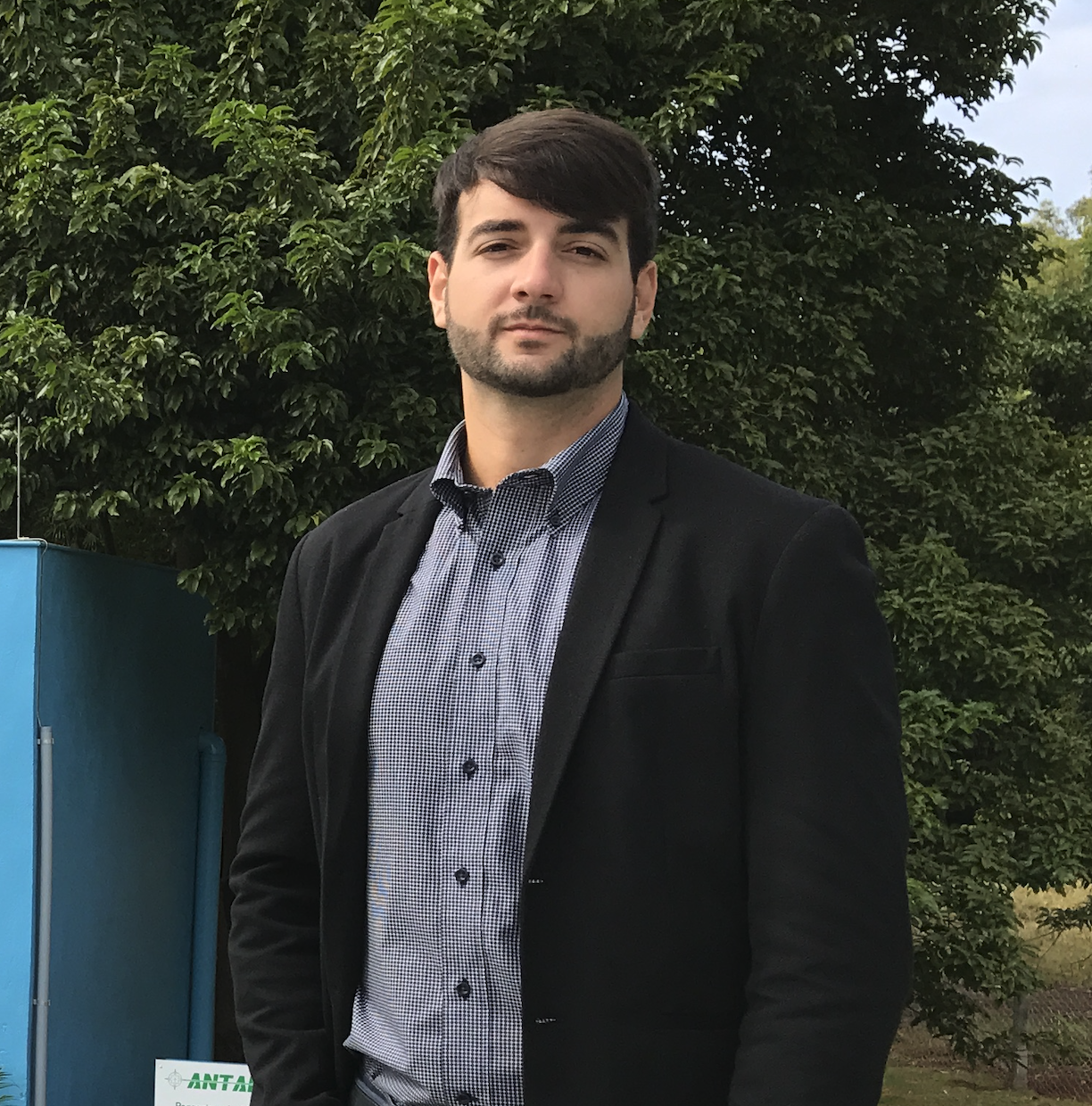Beneficiation of Ferric Slag From Recycled Automotive Batteries for Clinker Production
This study evaluates the technical and environmental feasibility of using slag from secondary lead smelting as an alternative raw material in clinker production for the cement industry. The iron-rich slag was partially incorporated (20%) into the clinker’s iron oxide composition, resulting in concrete blocks with higher compressive strength than conventional ones. Physicochemical tests confirmed the environmental safety of the material. The proposal helps reduce landfill disposal, lowers waste treatment costs, and strengthens the circular economy by offering a sustainable solution for two industrial sectors: lead recycling and civil construction.
Presenters
Primary Speakers
